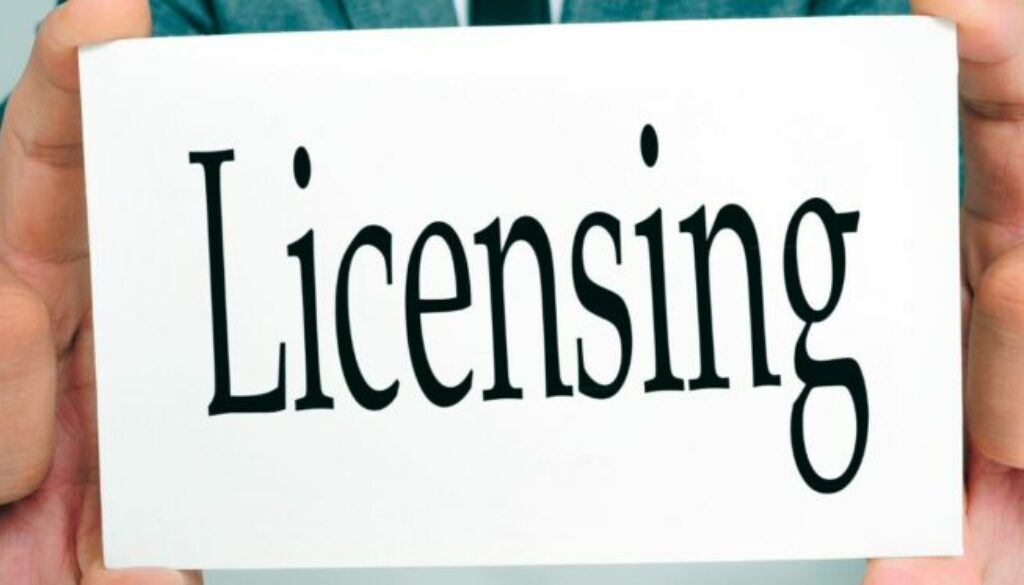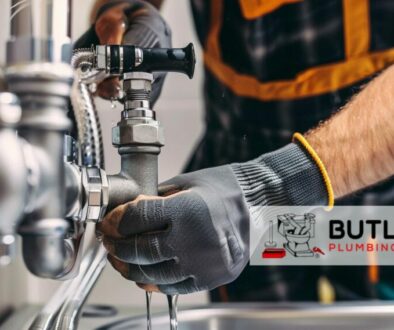How to Get a Plumbing License in Oklahoma?
Plumbing is one of the most important parts of a home, but it’s also one of the most complicated. From connecting pipes to toilets and faucets to pipes, plumbing requires knowledge and expertise to function properly. Not only that, but plumbing requires specialized tools and equipment, which means that any plumbing project can be dangerous without the proper training and equipment. For those who pursue Life as a Plumber in Oklahoma City, becoming licensed is an essential part of the process. However, getting licensed is often a lengthy process, and most people don’t know where to start. In this guide, we’ll be discussing how to get a plumbing license in Oklahoma, including the requirements you must meet and the education and training you’ll need to become a licensed plumber. So, without any further ado, let’s get started!
Several Levels of Becoming a Plumber in Oklahoma
Plumbing is a multi-leveled occupation. It’s not just about being able to fix a leaking faucet or install a new pipe; there’s a lot more to the trade than that. In fact, there are many different levels of training you can get in plumbing, and every level will lead to a different kind of career. This is especially true for those who want to become professional, and commercial plumbers. To get your license, you’ll have to be trained and certified by the state of Oklahoma. Before we talk about what that training entails, let’s take a look at some of the different levels of plumbing and what they entail.
1) Apprentice
The apprentice level of plumbing is typically the first step in becoming a plumber in Oklahoma. Apprenticeships are offered by businesses that employ plumbers and plumbing contractors, as well as by community colleges and technical schools. The length of an apprenticeship program can vary depending on the type of apprenticeship and its curriculum. In general, apprenticeships last between two and four years.
During these years, you will learn about the plumbing trade through hands-on experience. You will also receive training in math, science, and engineering principles while working under the supervision of a skilled journeyman or master plumber. You will learn how to use hand tools such as wrenches, screwdrivers, and hammers; operate machines like jackhammers and grinders; and work with plumbing materials such as copper pipes, PVC fittings, and other fixtures. Apprenticeships often include classroom instruction to help you learn about the theory behind various aspects of the trade, including math and science principles related to plumbing.
In essence, it’s a combination of on-the-job training and classroom instruction that will prepare you for a career as a plumber.
2) Journeyman
The second level of becoming a plumber in Oklahoma is the journeyman plumber. This is the level where you gain experience and hone your skills while working on your own devices. You can choose to work for different companies, or you can become self-employed and start your own business.
The journeyman plumber can work on residential or commercial buildings, including small water systems, water heaters, and kitchen sinks. The journeyman also installs piping systems for both residential and commercial purposes. They may also install cabinets and fixtures as directed by the owner of the property they are working on.
The journeyman must have an understanding of blueprints and other diagrams that show how plumbing systems should be installed in order to avoid future problems with these systems later on down the road due to improper installation practices at this point in time during construction projects (i.e., new homes being built).
3) Plumbing Contractor
The highest level of becoming a plumber in Oklahoma is to become a plumbing contractor. This requires that you have been working as a plumber for several years and have completed an apprenticeship at least two years long. You also need to pass a licensing exam and become a member of the Oklahoma Construction Industries Association.
A plumbing contractor must be able to work with all types of plumbing systems, including hot water, cold water, and natural gas lines; they must also be able to diagnose problems in these systems and fix them. Plumbing contractors may also install new systems or parts of systems if they are not being replaced by another contractor.
Plumbing contractors have a multitude of tasks that fall outside the realm of fixing pipes and faucets. They are responsible for maintaining all aspects of their business, including hiring employees and ensuring they are trained properly, hiring other contractors when necessary, ensuring that any required licenses are kept up-to-date, keeping records about projects undertaken, filing taxes correctly, staying up-to-date on current regulations, and more. For business owners in Oklahoma City who require professional plumbing services, it makes sense to Hire a Commercial Plumber for Your Business in Oklahoma City. By doing so, they can rest assured that the plumbing system functions efficiently, reducing the likelihood of any potential issues that could impact their business operations.
In essence, plumbing contractors are responsible for every aspect of their business, from beginning to end, and this is the final stage of a plumber’s journey.
Requirements for Obtaining a License in Oklahoma
Now that we have discussed the various stages of a plumber’s career let’s take a look at the requirements for obtaining a license in Oklahoma.
To become a plumber in Oklahoma, you will need to meet the following requirements:
1. Be 18 years old.
2. You must have a high school diploma or equivalent.
3. Be at least three years of journeyman experience or four years as a plumbing contractor.
4. Pass a background check that looks at your criminal history, drug use, and any other factors that would disqualify you from working as a plumber in Oklahoma. (This may also require obtaining an FBI fingerprint card.)
5. Provide proof of insurance coverage for your business. This will include both liability and property damage coverage. The minimum requirement is a $50,000 per occurrence/$ 300,000 aggregate limit for each type of coverage. You may also be required to provide proof that you have workers’ compensation coverage for all employees who work with you on projects.
6. Pay the exam fees and license fees (which are determined by your experience level). If this is your first time taking the exam for any type of license, there’s an additional fee that covers registration costs for any future exams as well. $200 every year will be charged for license renewal.
Programs To Help You Obtain a Plumbing License in Oklahoma
If you’re looking to get a plumbing license in Oklahoma, there are several options that can help you achieve your goal.
1) Lexington CareerTech Skills Center
First, consider the Lexington CareerTech Skills Center. This school offers courses on plumbing and pipefitting, as well as other vocational skills. The classes include both evening and day classes, so it’s easy to fit them into your schedule. The coursework is designed to prepare students for state licensure in the field of plumbing.
2) CCE Education Code Classes
The CCE Education Code Classes are another option if you’re looking for a program geared toward preparing students for state licensure in the field of plumbing. Classes include “Introduction to Plumbing,” “Pipefitting,” “Water Heating Systems,” and more. Students who complete these courses will be eligible for licensure upon completion of their training at no cost to the student.
3) Moore Norman Technology Center
Another option is Moore Norman Technology Center’s Plumbing Program. It offers both day and evening classes that lead up to state licensure in the field of plumbing. The program includes classroom instruction as well as hands-on training in lab settings, where students can practice their skills before taking them into real-world scenarios under supervision from experienced instructors who have been working in the field for years. The program also provides students with a number of certifications to further their education and career prospects in the plumbing field.
4) Plumbers Training Institute
Plumbers Training Institute is perhaps the most well-known plumbing school in the world. It offers a number of different programs that lead up to state licensure, including an associate degree program and several certificate programs. Students can also earn their national certificates through this institution, which is accredited by the ACCSC (Accrediting Council for Continuing Education & Training).
Conclusion
Getting a plumbing license in Oklahoma is a serious responsibility, but it can also open up new career opportunities and provide job security along with a better life. As long as you’re willing to put in the effort needed to pass the tests, attend the classes or seminars, and meet all of the other requirements related to getting a license, you should have no trouble getting your plumbing license. Good luck!





